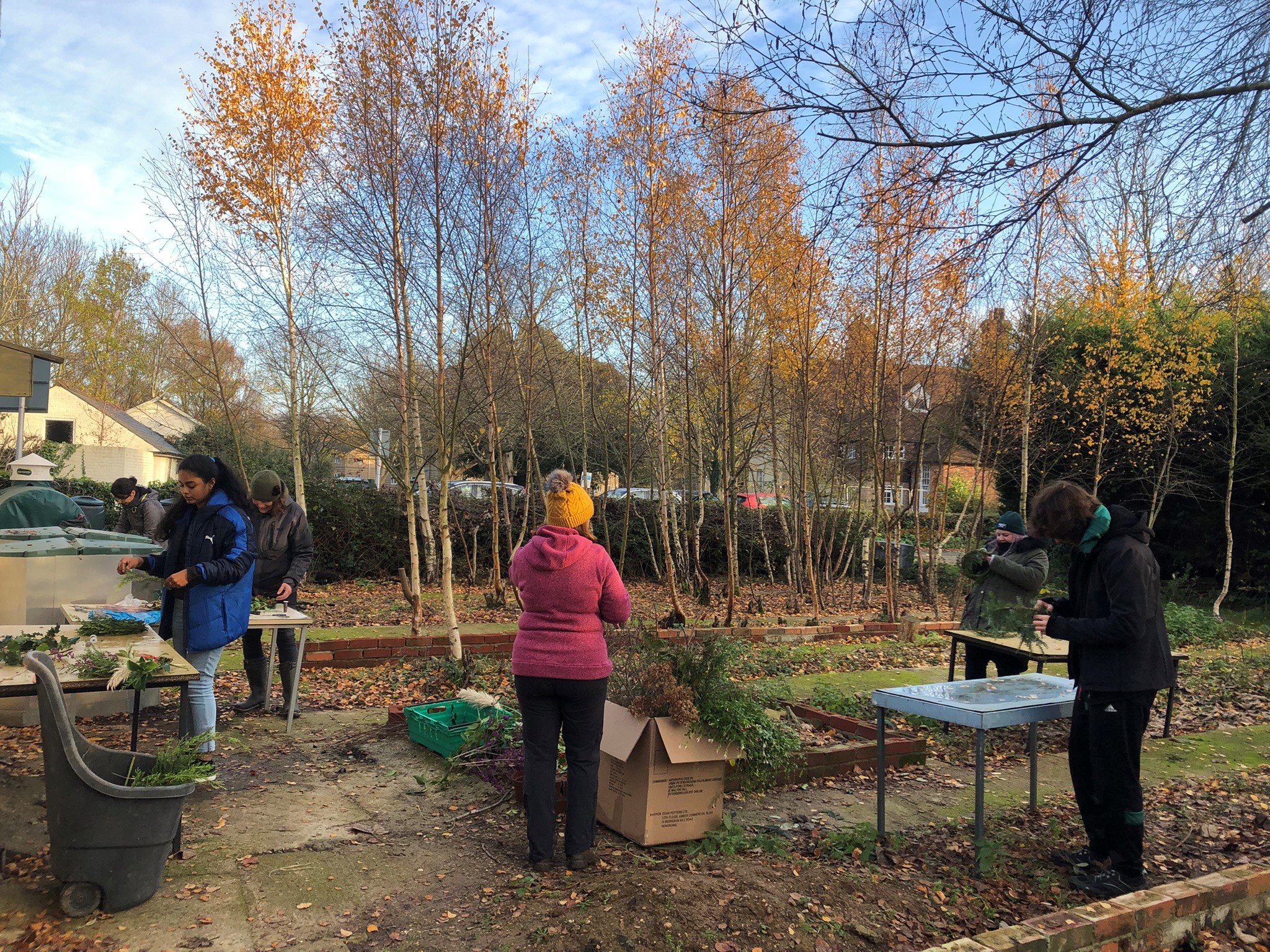With the days still short and a bit dank and grey, it’s easy to feel a bit gloomy in January, but there are things we can do shift our mindset. Psychology PhD student Kelly Dawson shares her advice for boosting your mental health this winter, together with information and opportunities from Student Support and Wellbeing staff at Kent.
Gratitude
Find five things you are grateful for today
Find five things that you are grateful for. These don’t have to be big mind-blowing things (though they can be of course). It could be the feel of your slippers as you slide your feet into them in the morning or the warmth of your coffee cup in your hand or the feel of your dog’s cold wet nose as they nudge you for a stroke. These were three things that happened to me within 15 minutes of being awake this morning. When you really focus on gratitude, that blue feeling just slips away.
Share the good (and not so good) bits of your week at the Wellbeing Café
The Wellbeing Café takes place every week (starts for this term on Monday 23 January 2023) and is a space to connect with other students in a relaxed environment with a focus on promoting your wellbeing and mental health through activity. Last term’s activities included a Positive Planner journaling session, a great tool for remembering to notice what you are grateful for. Find out more about the Wellbeing Café on the Student Support and Wellbeing Events calendar.
Mindfulness
Be present in this moment
We spend lots of our time reminiscing about the past or planning the future. But spending some time being fully immersed in the moment is really beneficial. Look around you, what can you see and hear? Are there any particular smells? What are your hands touching, how does that feel? Is it rough or smooth? Your senses are a great way to bring yourself right to the present moment. Spend a few minutes five times throughout the day focussing on your sensory experience.
Free mindfulness classes with a qualified instructor
Come along to the popular mindfulness meditation sessions – a great way to improve your wellbeing alongside other Kent students. They take place on Wednesdays at 13:00 online and 17:00 in-person. Find out more about Mindfulness at Kent.
Endorphins
Get out in nature, exercise, or take a cold shower
Get up early and go for a walk (or a run/cycle if that’s your thing), preferably in nature. If you don’t enjoy nature, that’s no problem, don’t do something you don’t like. Try any form of exercise, from swimming to dancing in your kitchen! If exercise isn’t for you, then try turning your morning shower as cold as you can comfortably stand for a few seconds. Anything that gets your blood pumping will help your body release endorphins!
Come along to the community garden in Park Wood
Get outdoors in the allotment! The Kent Community Oasis Garden (KentCOG) is a project run by a collection of students, staff and community members working to create a sustainability hub centred around growing food. Go along to one of their open gardening sessions on Wednesday and Friday (10:00-14:00). Find out more about KentCOG.
Self-care
Set aside some of your day to do something that makes you feel good
Self-care is super important all of the time, but on cold dark days definitely do something for yourself that makes you feel good. Don’t just think about it, actually set aside part of your day in your calendar to make this happen – it can be reading a good book, taking a nap or meeting a friend.
Find something relaxing to read in Templeman Library
The new ‘Love to Read’ area in the Templeman Library Cafe has a collection of novels, best-selling books, self-help titles and e-books. You can borrow them as usual with your ID card, or sit in the cosy area and take a break from studying. Find out more about the Love to Read collection.
Need wellbeing support?
Have a look at the Student Support and Wellbeing webpages to find out about support services including a free, confidential counselling service and 24/7 online and phone support partners.
Written by Kelly Dawson (PhD researcher in Cognitive Neuropsychology), and Joshua Stevens (Student Services), 12.01.23

